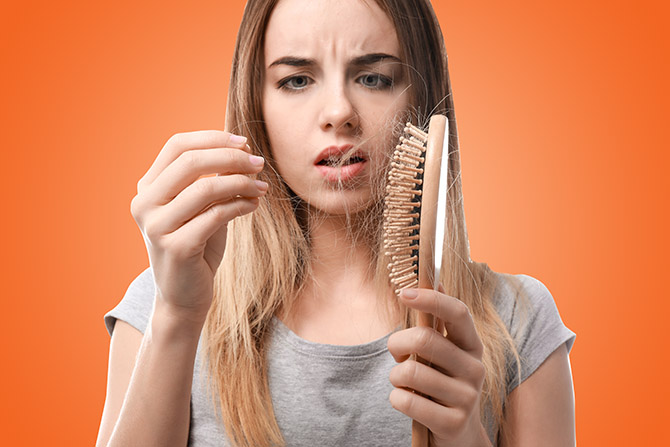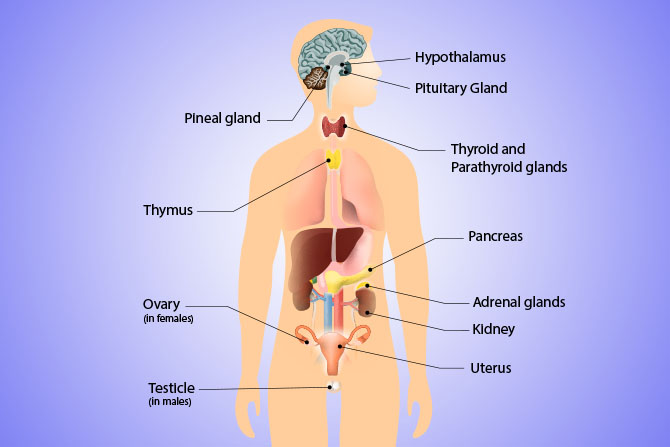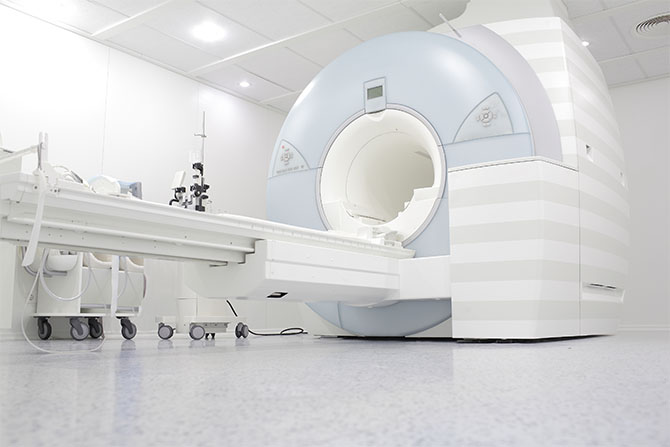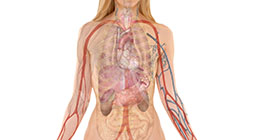Search articles, recipes and more...

The Anatomy of Great Sex
Knowing one’s body is an important part of staying healthy. When people are properly educated on how different systems in the body work, as well as proper terminology, they can notice and communicate potentially serious changes to a healthcare professional. The same is true for sexual health. In 2016, a UK survey asked 1,000 British … Read More

The Immune System & Alzheimer’s
Inflammation, blood sugar imbalance, some viruses, and an overactive immune function are understood to play a role in Alzheimer’s disease. Ten percent of seniors over 65 have Alzheimer’s, and 50 percent of those over 85 are afflicted. With the enormous group of boomers hitting the age at the highest risk, the number affected with Alzheimer’s … Read More

Stop Female Hair Loss!
There are few things more distressing to a woman than watching her lovely locks fall out. More than two-thirds of women are affected by hair loss at some point in their life. Hair loss can range from thinning to bald patches. Yet, unlike men, women facing hair loss are offered few solutions to stop falling hair. There … Read More

The Truth about HRT and Heart Disease
More than 100 years ago, cardiovascular disease was almost entirely a disease of men. Fifty years ago, the most popular explanations for gender-related differences in heart disease were lifestyle, including less stress for women (who were considered ‘happy homemakers’), and/ or the fact that women did not generally smoke until World War II. Today, women … Read More

The Endocrine System
The endocrine system is made up of glands that produce hormones. Hormones are chemical messengers that tell other systems throughout your body what to do, how to do it, and when to do it. The messages they send could be to make you sleepy like melatonin does; or to rev up your energy supply to meet … Read More

Breast Health Diagnostic Tests and Treatments
Breast Self-Examination Breast Self-Examination (BSE) does not prevent cancer, but many women discover abnormalities in their breasts during regular home testing. Perform the exam the day after your period ends each month. Or, for non-menstruating women, pick the same day each month. Follow these instructions to perform your self-examination: Lie down and put a pillow … Read More










